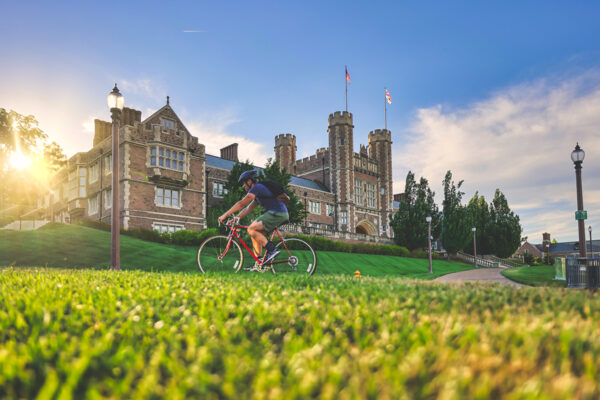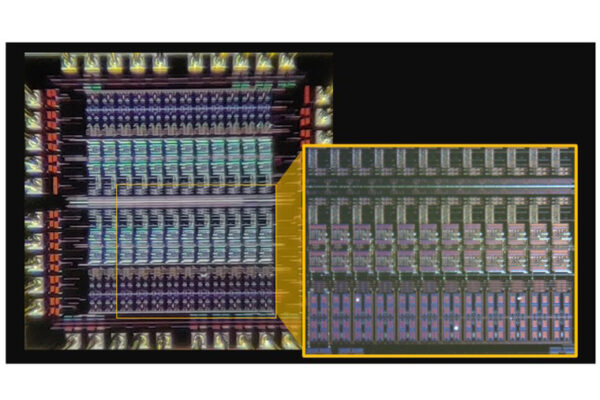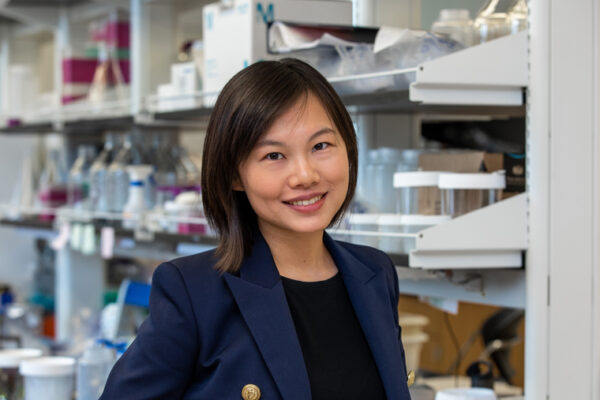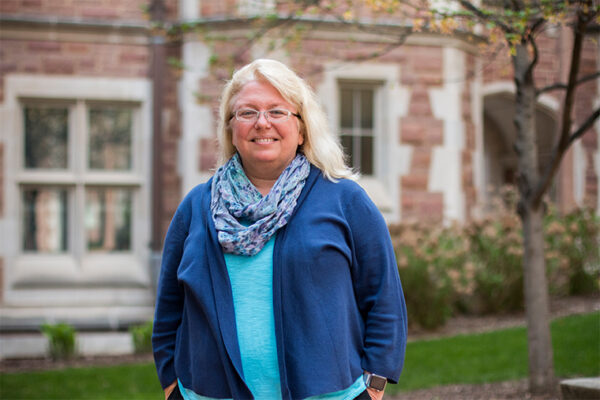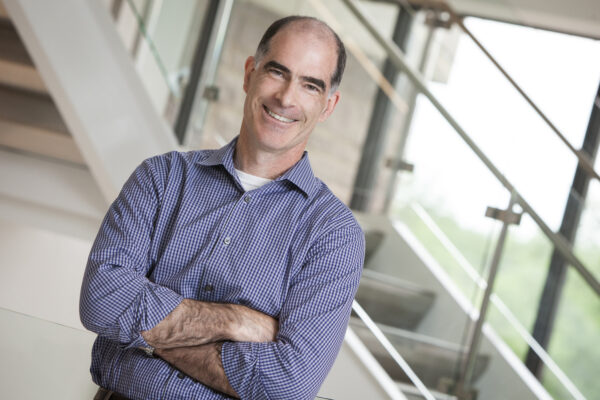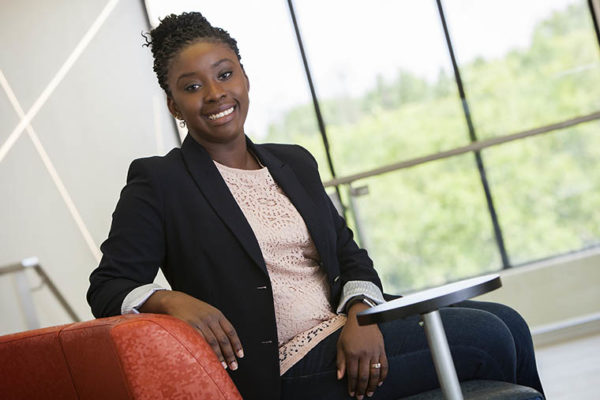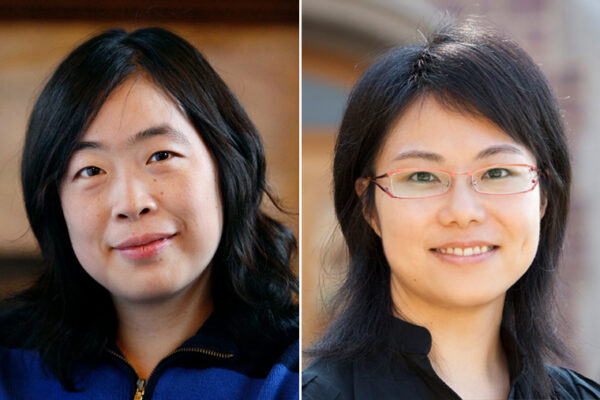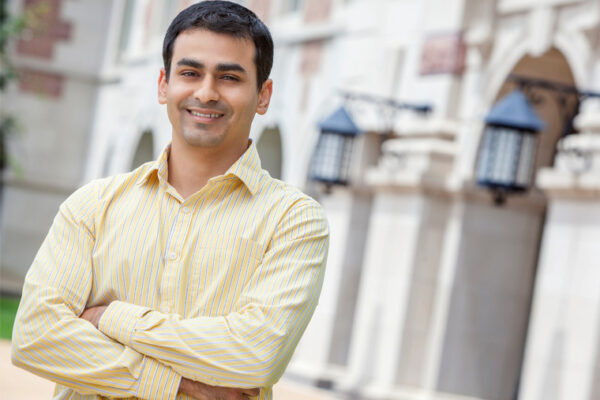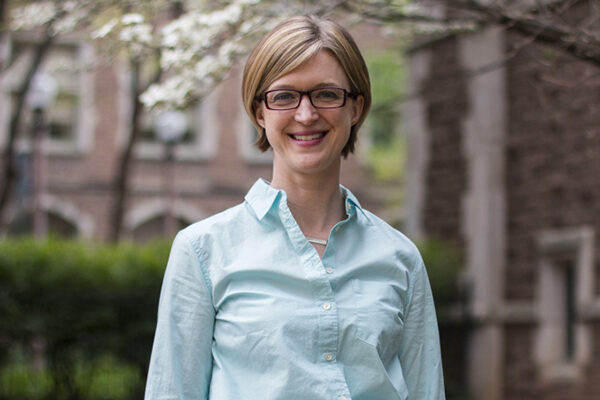Commuter challenge begins Monday
The Sustainability, Parking & Transportation and Operations & Facilities Management offices will host a universitywide commuter challenge from Monday, April 18, through Friday, April 29. Those who use sustainable transportation methods during that time can enter raffles to win prizes.
A nature-driven solution for more efficient AI
A new computer memory prototype developed by Shantanu Chakrabartty at the McKelvey School of Engineering may significantly reduce the energy needed to train artificial intelligence.
Fangqiong Ling
Fangqiong Ling shares her love for science both inside the classroom and outside in the St. Louis community. Her commitment to impactful research has earned her recognition from associations, mentors and colleagues.
Barch recognized for achievement, excellence
The Society for Research in Psychopathology has awarded its Joseph Zubin Lifetime Achievement Award to WashU’s Deanna Barch in recognition of her lifetime contributions to the understanding of the field.
Bayly-led team to study mechanical strains, stresses in traumatic brain injury
The McKelvey School of Engineering’s Philip Bayly and a team of collaborators will study the mechanical causes behind traumatic brain injury using models and images.
NIH funds Barch research on neurodevelopment
WashU’s Deana Barch will use a $753,181 grant from the National Institutes of Health (NIH) to better understand healthy neurodevelopment.
Ottley wins CAREER award to personalize analytic tools
Alvitta Ottley, assistant professor at the McKelvey School of Engineering, will use a $528,223 National Science Foundation CAREER award to develop personalized visual analytic tools.
Opening up the electromagnetic spectrum
A new resonator system discovered in the labs of Lan Yang and Xuan “Silvia” Zhang at the McKelvey School of Engineering can interact with never-before-accessible ranges in the electromagnetic spectrum. The research was published in the journal Nature Nanotechnology.
Mishra wins CAREER award to develop new materials
Rohan Mishra, assistant professor at the McKelvey School of Engineering, will use a $588,795 National Science Foundation CAREER award to discover and develop novel semiconductors.
NSF awards grant to Van Engen
Kristin Van Engen in Arts & Sciences received a grant from the National Science Foundation to research and better understand communication when accents are involved.
Older Stories
